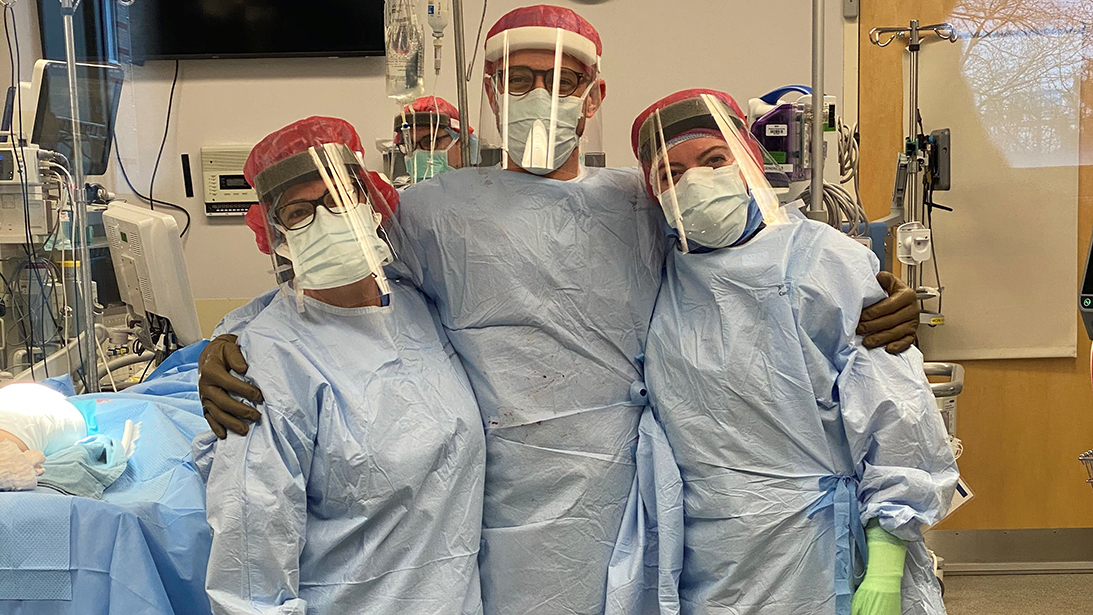AAOS Now, May 2020
-

eSports Gamers Emerge as the Newest Orthopaedic Patient
-

Surgeons Discuss How Orthopaedic Trauma Has Evolved Over Time
-

Sound Off: The Role of the Periosteum in Pediatric Supracondylar Fractures: Periosteal Versus Bony Hinge
-

Treatment of Hallux Valgus Deformity Benefits from 3D ‘Revolution’
-
Geriatric Fracture Patients Require Special Care During the Pandemic
-

Latest AAOS COVID-19 Webinar Updates Members on Return to Elective Surgery, News from D.C., and Telemedicine Coding
-

Surgeons Use a Disaster Response Approach to Manage Urgent Patient Care During COVID-19